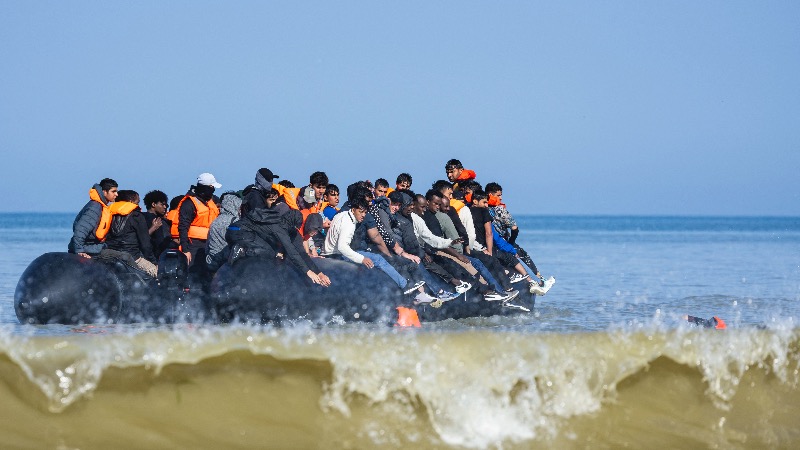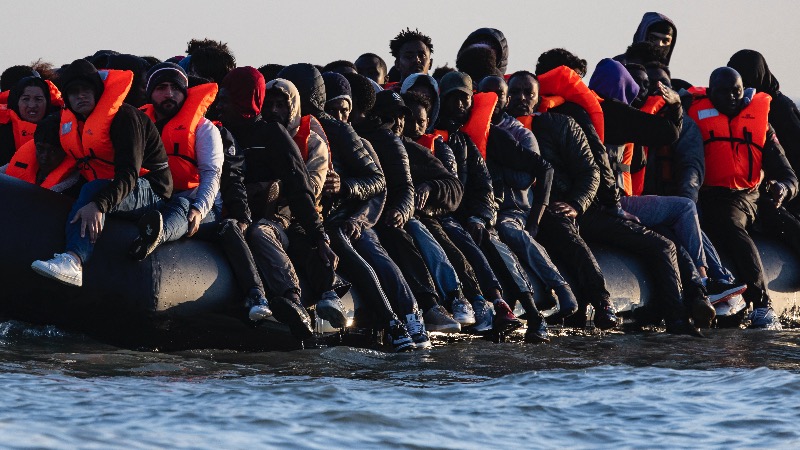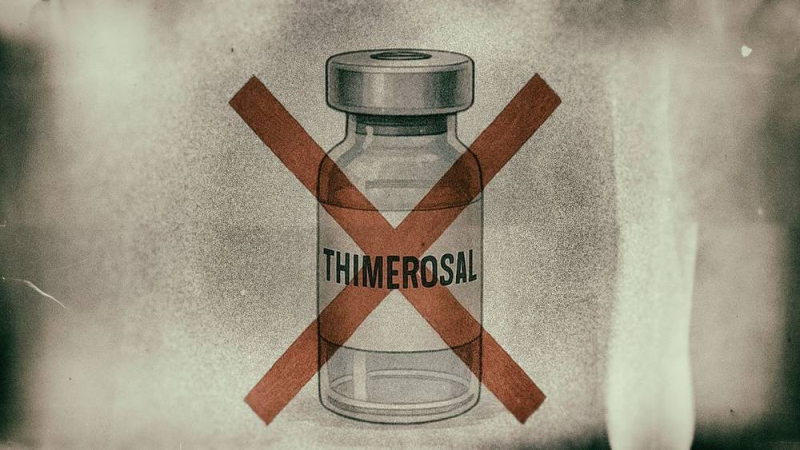Afghan Arrested After Rape Of Young Woman In Italy

MUST-SEE: Popular British Comedian & Talk Show Host Predicts Coming UK Civil War

African Arrested After Rape Of Young Woman In Italy

Thimerosal Exposed: The Eugenics Cult Is Going Down

Former Top Diplomat Says EU Leaders Are Complicit In Israeli War Crimes

A third of the bombs used by Israel in Gaza are made in Europe, a former top diplomat has said The EU’s former foreign policy chief Josep Borrell has accused his previous boss Ursula von […]
The post Former Top Diplomat Says EU Leaders Are Complicit In Israeli War Crimes appeared first on The People’s Voice.
Teacher Fired for Criticizing UK’s ‘Two Tier’ Justice System

A British teacher was fired for supposed “Islamophobia” after criticizing the jailing of a mother over her social media posts amid last year’s anti-mass migration riots. Simon Pearson, who taught ESOL (English for Speakers of […]
The post Teacher Fired for Criticizing UK’s ‘Two Tier’ Justice System appeared first on The People’s Voice.
